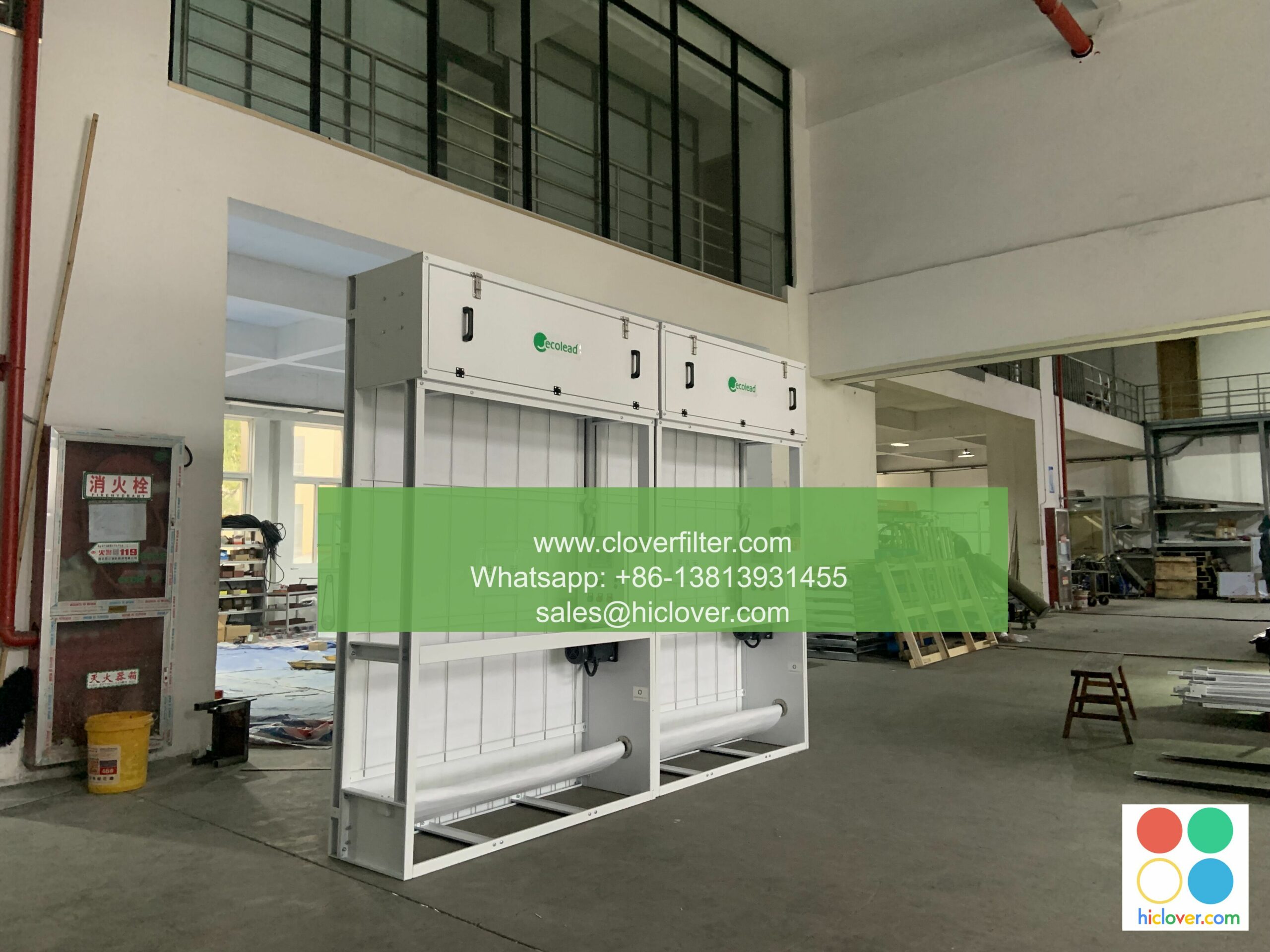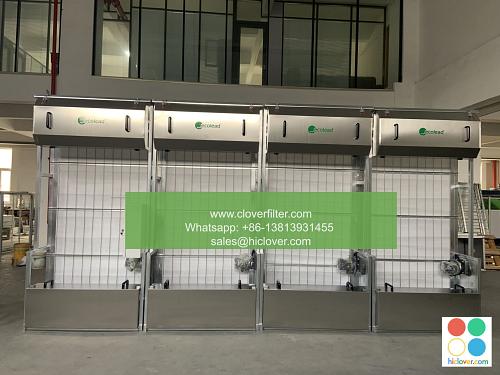The Role of Automatic Roll Air Filters in Maintaining Cleanroom Integrity

Cleanrooms are controlled environments that require meticulous maintenance to ensure the integrity of the products being manufactured or researched within them. One crucial aspect of cleanroom maintenance is the air filtration system, which plays a vital role in removing airborne contaminants and maintaining the desired level of cleanliness. Automatic roll air filters have emerged as a key component in cleanroom air filtration systems, offering a reliable and efficient solution for controlling airborne particles. In this article, we will explore the role of automatic roll air filters in maintaining cleanroom integrity and highlight their various application areas.
Understanding Automatic Roll Air Filters
Automatic roll air filters are designed to provide a continuous supply of clean air by automatically replacing the filter media as it becomes saturated with contaminants. This ensures that the air flowing into the cleanroom remains free from airborne particles, such as dust, pollen, and other micro-contaminants. These filters are typically equipped with advanced features, including automated roll replacement, pressure sensors, and alarm systems, which enable real-time monitoring and maintenance of the filtration system.
Key Benefits of Automatic Roll Air Filters in Cleanrooms
The use of automatic roll air filters in cleanrooms offers several benefits, including:
* Improved Air Quality: By providing a continuous supply of clean air, automatic roll air filters help maintain the desired level of cleanliness in the cleanroom, reducing the risk of contamination and ensuring the integrity of the products being manufactured or researched.
* Increased Efficiency: Automatic roll air filters minimize the need for manual intervention, reducing labor costs and increasing overall system efficiency.
* Enhanced Reliability: The automated replacement of filter media ensures that the filtration system remains operational at all times, reducing downtime and ensuring continuous production.
Application Areas of Automatic Roll Air Filters
Automatic roll air filters have a wide range of applications in various industries, including:
* Pharmaceutical and Biotechnology: Cleanrooms in these industries require stringent control of airborne contaminants to ensure the quality and efficacy of products.
* Electronics and Semiconductor Manufacturing: The production of electronic components and semiconductors requires cleanroom environments to prevent contamination and ensure product reliability.
* Medical Device Manufacturing: Cleanrooms are used to manufacture medical devices, such as implants, surgical instruments, and diagnostic equipment, which require strict control of airborne contaminants.
* Aerospace and Defense: Cleanrooms are used in the production of aerospace and defense systems, where the control of airborne contaminants is critical to ensuring product quality and reliability.
Best Practices for Implementing Automatic Roll Air Filters in Cleanrooms
To ensure the effective implementation of automatic roll air filters in cleanrooms, the following best practices should be considered:
* Regular Maintenance: Regular maintenance of the filtration system is crucial to ensure optimal performance and prevent downtime.
* Proper Installation: The filter should be installed in accordance with the manufacturer’s instructions to ensure proper functioning and prevent contamination.
* Monitoring and Testing: The filtration system should be continuously monitored and tested to ensure it is operating within the required parameters.
Conclusion
In conclusion, automatic roll air filters play a vital role in maintaining cleanroom integrity by providing a reliable and efficient solution for controlling airborne contaminants. Their application areas are diverse, and they are used in various industries, including pharmaceutical and biotechnology, electronics and semiconductor manufacturing, medical device manufacturing, and aerospace and defense. By following best practices for implementation and maintenance, cleanroom operators can ensure the optimal performance of their filtration systems, maintaining the desired level of cleanliness and ensuring the quality and reliability of their products.

